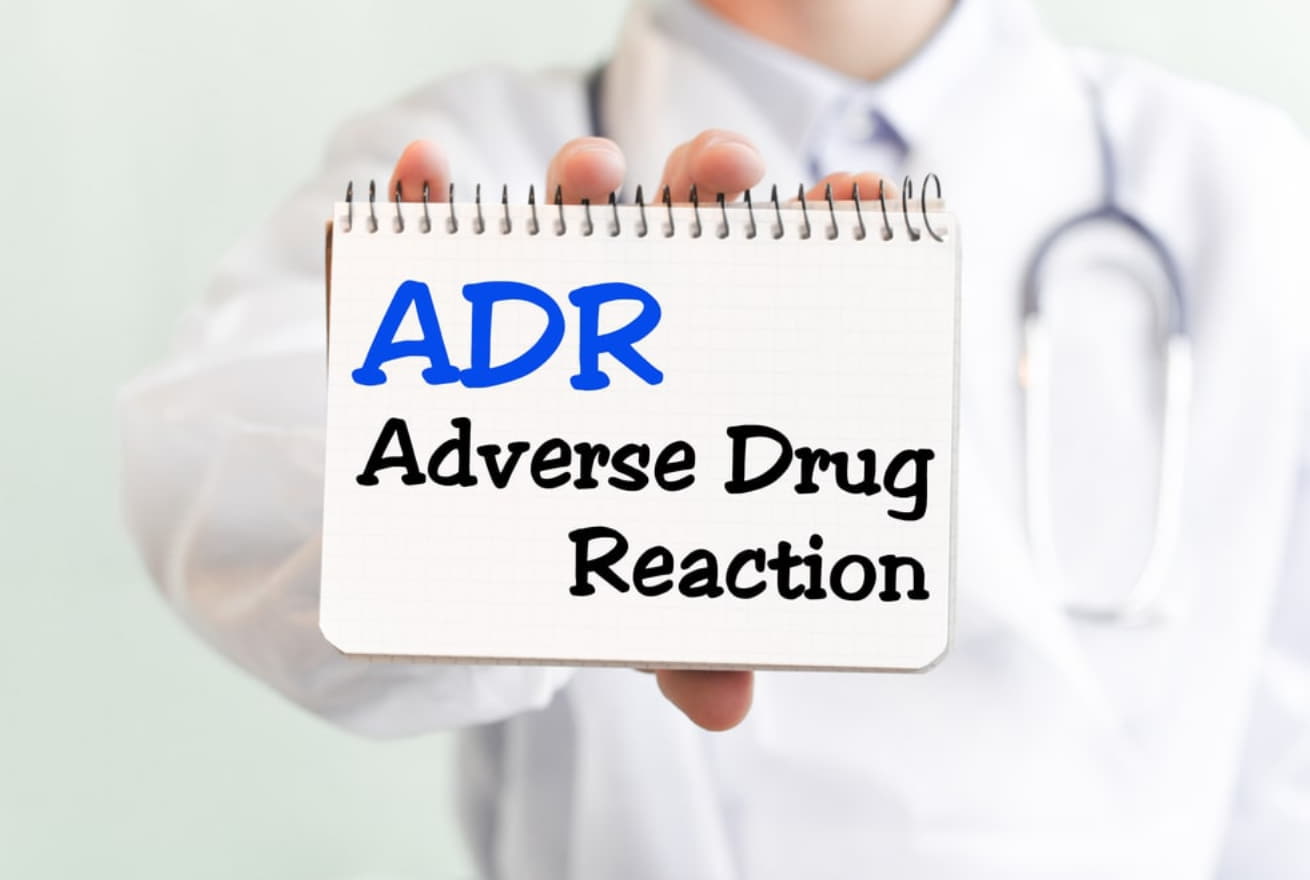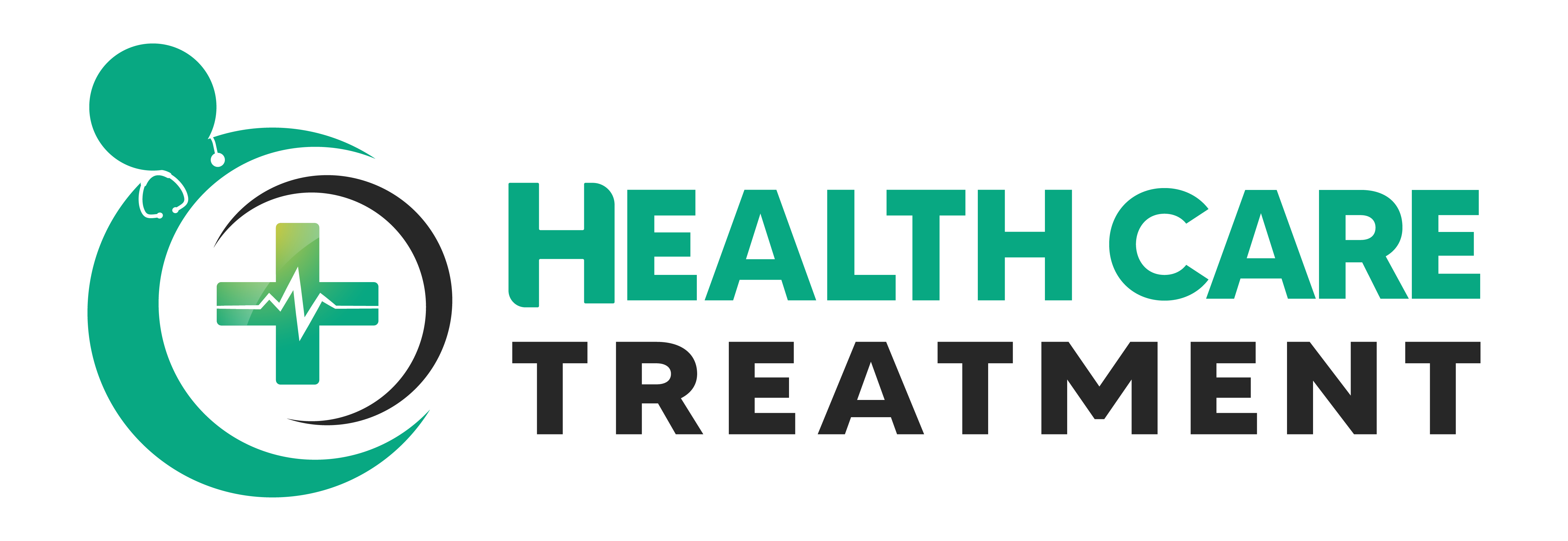1 Jan, 2024 | Stephen Andersen | No Comments
The Role of Healthcare Professionals in Adverse Drug Reactions

Healthcare professionals are the lifeline in any medical setting. Their roles and responsibilities extend far beyond diagnosing ailments and prescribing medications. One such crucial role they play is in the management of adverse drug reactions (ADRs). The significance of this responsibility cannot be overstated, as ADRs can have serious implications for patient safety and overall health outcomes.
Understanding Adverse Drug Reactions
ADRs are essentially unintended, harmful responses to medication that occur at doses typically used for prophylaxis, diagnosis, or treatment. These reactions can range from mild side effects to severe complications that can sometimes be life-threatening.
The Pivotal Role of Healthcare Professionals
These professionals have a unique vantage point when it comes to spotting and managing ADRs. They are often the first line of contact with patients and have the opportunity to observe and document any abnormal responses to medications. Their involvement and vigilant reporting of ADRs are essential for the success of a pharmacovigilance program.
They are responsible for educating patients about potential side effects, monitoring their health progress, and making necessary adjustments to their treatment plans if an ADR occurs.
Importance of Continual Training and Attitude
The knowledge and attitudes of medical professionals significantly influence the reporting of ADRs. Continuous professional training should be emphasized to ensure they are updated with the latest information on drug reactions. A proactive attitude towards ADR reporting can lead to improved patient safety and better healthcare outcomes.
Incorporating Drug Allergy Skin Test
In certain cases, a “drug allergy skin test” can be a valuable tool in the healthcare professional’s arsenal. It assists in identifying whether a patient’s adverse reaction is due to an allergy to a specific medication. This test can help healthcare professionals make more informed decisions about treatment plans, thereby minimizing the risk of further ADRs.
Nurses: The Unsung Heroes in ADR Management
Nurses often serve as the patient’s closest point of contact within a healthcare setting. They are actively involved in direct patient care and are usually the first to notice any changes in a patient’s condition, including potential ADRs. As such, they can act as crucial advocates for ADR reporting, contributing significantly to pharmacovigilance efforts.
Conclusion:
Professional healthcare providers‘ role in managing ADRs is a testament to their multifaceted responsibilities in ensuring patient safety. Their active involvement in monitoring, reporting, and managing ADRs is indispensable for improving drug safety and overall healthcare outcomes. As we move forward, it is vital to continue investing in their training and development to equip them with the necessary skills and knowledge to tackle the ever-evolving challenges posed by adverse drug reactions.
